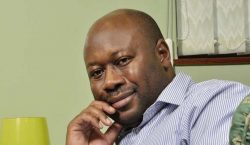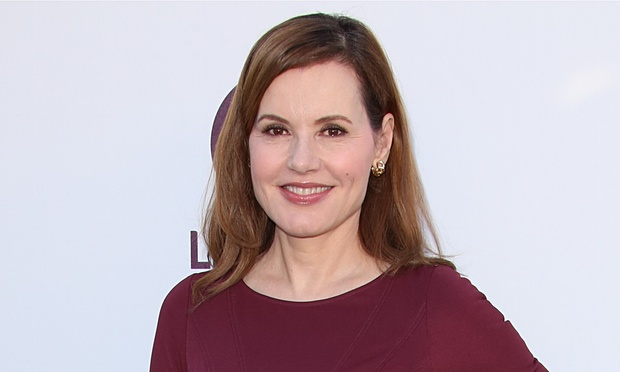



Gender bias: kids’ films and TV shows children that girls are less important than boys, says Geena Davis. Photograph: REX Shutterstock
Eva Wiseman
IT was a symposium about gender so, of course, it was an audience of women. A vast auditorium of filmmakers, every seat filled, maybe one percent with male arses. The opposite proportion of the films.
This was one of the opening events of the BFI London Film Festival, the night after the Suffragette premiere where feminist activist group Sisters Uncut occupied the red carpet chanting: “Dead women can’t vote.” “I thought it was a publicity stunt,” chuckled the person next to me as Geena Davis came to the stage.
That evening, in Chelsea, Tina Brown brought Meryl Streep, Queen Rania of Jordan and German defence minister Ursula von der Leyen together for her Women in the World summit. Tickets cost £200 each. Judging by the photos, the audience was primarily female, too.
Davis, her voice low and stretchy, reviewed the findings of the research institute she founded into women in the media. In kids’ films and TV there are three male characters for every female one. And, she claims, that shows children that girls are less important than boys. It creates a problem which the world has to deal with later. She talked about the surfeit of female characters in kids’ and adult media whose beauty is a storyline and the lack of female characters with jobs. Across 6,000 samples, 12 female characters were politicians, and of them, one was Angie, an elephant. At this revelation the room roared, then went completely silent.
Her institute is hoping to use the research to change how films are made. But it won’t be as easy as gathering a load of eager women in a room and sharing these numbers. Unconscious gender bias goes deeper than good intentions.
She told a story. In the 80s, after a long effort to equal the gender composition of orchestras in the US, where they’d slowly increased the number of female musicians from 5 percent to 10 percent, they came upon the idea of “blind” auditions.
If the panel, behind a curtain, couldn’t see who was playing, then they wouldn’t be able to discriminate. It worked! Sort of. The numbers of female musicians rose, but not significantly. Was some element revealing their gender and skewing the results? I’d love to have been in that room when they finally rasped: “Carpet the stage!” After the next round of auditions, Davis grinned, the orchestras were 50 percent women, because the panel had been able to hear their heels.
Unconscious bias affects how everybody, even those who really want to be fair, makes decisions. (Witness the case of the team of right-handed developers who unintentionally created a YouTube app where any videos recorded by left-handed people showed upside down on the screen.) I trawled through the data, and it was fairly depressing – women on film have small lives; women on film are props, like a shiny gun; women on film are less important than men. Most interestingly, in a sample of films, in each crowd scene the average number of women was 17 percent. Even in fictitious universes, where Arnold Schwarzenegger can not only become pregnant but be a scientist, too, even there, women can’t be seen to fill half a world.
This has been a week of sound and fury around women – the rousing speeches, the Suffragette press; on 11 October it was the UN’s Day of the Girl. And as someone who emerges from these events inspired and inflated, I wonder how much they can change. Because, even us – we women who were clapping at the woman onstage talking about women – even we have this unconscious bias coating the backs of our brains. They make us feel good, these talks, “summits”, “symposiums”, opportunities to feel like we’re all moving forward together, like equality is waiting for us in the free tote bag waiting under the seat, but what are we changing, sitting there applauding?
Talking is fine. But we’ve done talking. When it comes to women on film, to showing girls that they are equal, that they can be superheroes and prime ministers, the diversity campaigns to get women into filmmaking are important, but they’re equivalent to pulling the curtain across the orchestra stage. Their power is limited. The answer is, unfashionably, quotas in the softer areas of our lives. Crowd-scene quotas. Women-shown-as-having-jobs quotas. Until our brains have righted themselves, perhaps this is the way the industry must muffle our heels and force a kind of change. theguardian.com
Email Eva at e.wiseman@observer.co.uk or follow her on Twitter @EvaWiseman